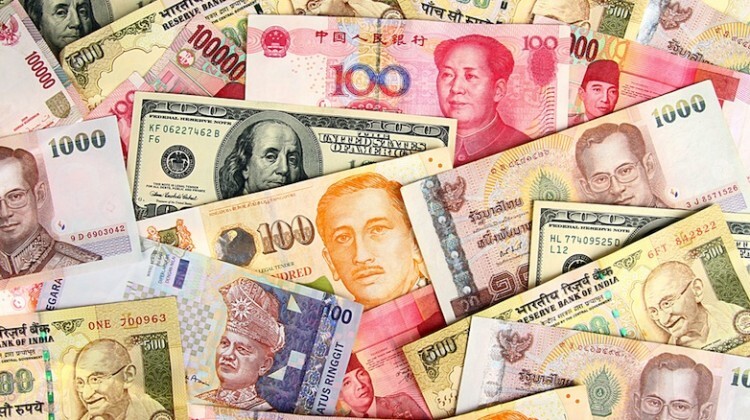this post was submitted on 22 Jul 2023
413 points (96.8% liked)
Asklemmy
43806 readers
1148 users here now
A loosely moderated place to ask open-ended questions
If your post meets the following criteria, it's welcome here!
- Open-ended question
- Not offensive: at this point, we do not have the bandwidth to moderate overtly political discussions. Assume best intent and be excellent to each other.
- Not regarding using or support for Lemmy: context, see the list of support communities and tools for finding communities below
- Not ad nauseam inducing: please make sure it is a question that would be new to most members
- An actual topic of discussion
Looking for support?
Looking for a community?
- Lemmyverse: community search
- sub.rehab: maps old subreddits to fediverse options, marks official as such
- [email protected]: a community for finding communities
~Icon~ ~by~ ~@Double_[email protected]~
founded 5 years ago
MODERATORS
you are viewing a single comment's thread
view the rest of the comments
view the rest of the comments

A few good comments and quite a few... not so good. A lot of explanations that focus on 2nd order, downstream effects and the machinations of economists and politicians. Price is one of myriad ways to measure the past & current state of the economy and to make guesses about its future.
"Inflation" is what we call it when it costs $1.00 to buy a dozen eggs last year and $1.10 to buy a dozen of the same eggs this year. "Deflation"is what we call it if the price goes down to $0.90 this year. Just to set some terminology.
No one person or group or policy or activity causes inflation or deflation. It's just a measure of buying power.
But there is one key difference between inflation and deflation: the latter has a limit. Prices can go up forever, but they can only go down to $0.
So when all the people are trying to craft policies that influence the economy, they don't want the economy to go in the direction of the brick wall of $0 prices.
It's probably the case that inflation is the only thing that can happen and have a functioning economy over the long term. If that's the case, then keeping it low is the best approach, which is why the American economic establishment has a target of 2% inflation.
I'm a little confused and not knowledgeable on this at all so I'm genuinely curious: if inflation goes crazy for years, like 8% for 4 years let's say, why is there no concerted effort to drop it for a while, like -5% for 4 years, to "bring it back" to the 2% aimed for originally? If that makes sense. It seems like if inflation gets insane we're all just stuck with it for the rest of time?
If prices go up, and stay up, eventually things like salaries have to go up too, at least a bit. If you need a certain amount per month to live when last year you could get by on less, you'll need a job that pays you enough to live. In theory if the price of goods has gone up then the value of whatever you're producing for your company has gone up so they can afford to give you the extra (in practice they take a lot of the extra as profit and pass on just enough to retain employees and no more). Of course, it's the same physical item, so eventually it all sort of balanced out.
You can see this if you look at it in the long term. In 1970 the average salary in the UK was something like £1200 per year, and a house cost £4500 or something. Today the average UK salary is over £27,000 and a house is around £285,000. The houses haven't got 61 times larger or anything, that's just inflation. So, yeah, you kind of are just stuck with it.